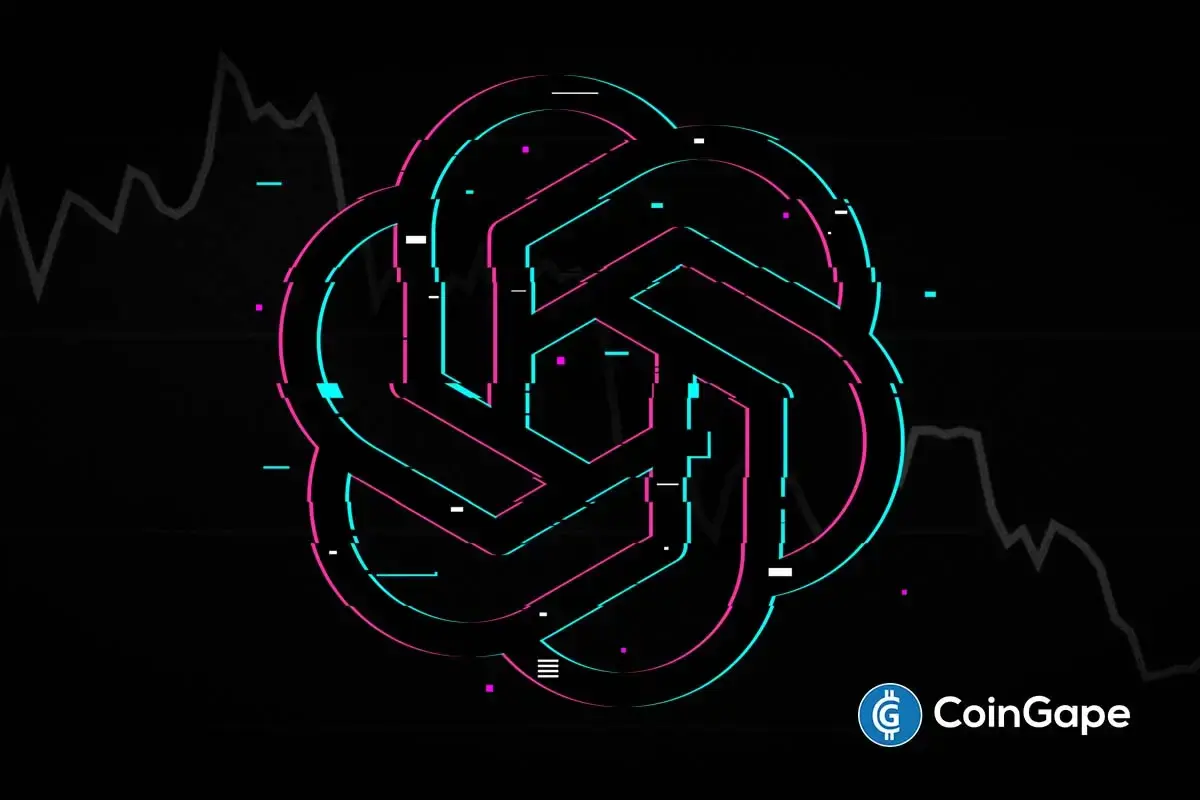OpenAI Challenges NYT to Prove Originality of Articles in Copyright Case

Highlights
- OpenAI has asked a New York court to require the New York Times (NYT) to prove the originality of its articles.
- The AI company's legal request includes access to the NYT's reporter’s notes, interview records, and other related source materials.
- OpenAI claims this information is vital to establishing the originality and authorship of the NYT articles used to train its AI models.
In a notable legal confrontation, OpenAI has requested that the New York Times (NYT) validate the originality of its articles. The AI firm demands the court mandate NYT disclose detailed source materials for each copyrighted article. This move is part of an ongoing lawsuit in which the NYT accuses OpenAI of using its content without permission.
OpenAI Requests Transparency from NYT
OpenAI’s legal team has approached a New York court with a significant demand. They insist that the NYT provide comprehensive details about the creation process of its articles. The request includes access to the reporter’s notes, interview records, and other source materials. OpenAI argues that this information is crucial to determine the originality and authorship of the articles in question.
The court filing by OpenAI aims to explore the depth and authenticity of the NYT’s journalistic process. Their lawyers argue that the NYT’s claim of substantial investment in high-quality journalism prompts a need for transparency. They believe understanding the creation process is essential for the court to make a fair judgment.
OpenAI argues that such disclosure is necessary for its defense. Detailed insight into the NYT’s authorship process will help ascertain whether the articles are original works. The NYT made this request following allegations that OpenAI unauthorizedly used its content to train AI models.
Also Read: German Lawmaker Wants Government To HODL Bitcoin (BTC), Not Sell
NYT Fights Back on Copyright Infringement
Responding swiftly, the NYT’s legal team filed a motion to dismiss OpenAI’s request on July 3. They argue that OpenAI’s demands are excessive and could set a troubling precedent for copyright law. The NYT contends that the intricacies of their journalistic practices are irrelevant to the issue of copyright infringement.
The NYT’s opposition stresses that the request undermines the basic principles of copyright law. They believe that proving the content creation process does not pertain to the alleged misuse. The NYT’s lawyers highlight that the focus should remain whether OpenAI used the copyrighted articles without authorization.
Furthermore, the NYT accuses OpenAI of attempting to divert the court’s attention from the real issue at hand. They maintain that the lawsuit should concentrate on the legality of OpenAI’s use of the NYT’s copyrighted content. The newspaper defends its rights to its intellectual property, arguing that the creation process should remain protected.
Also Read: Core Scientific Founder Claims Bitcoin’s True Value Not Yet Realized
- What Will Spark the Next Bitcoin Bull Market? Bitwise CIO Names 4 Factors
- U.S. CPI Release: Wall Street Predicts Soft Inflation Reading as Crypto Market Holds Steady
- Bhutan Government Cuts Bitcoin Holdings as Standard Chartered Predicts BTC Price Crash To $50k
- XRP News: Binance Integrates Ripple’s RLUSD on XRPL After Ethereum Listing
- Breaking: SUI Price Rebounds 7% as Grayscale Amends S-1 for Sui ETF
- Solana Price Prediction as $2.6 Trillion Citi Expands Tokenized Products to SOL
- Bitcoin Price Could Fall to $50,000, Standard Chartered Says — Is a Crash Coming?
- Cardano Price Prediction Ahead of Midnight Mainnet Launch
- Pi Network Price Prediction as Mainnet Upgrade Deadline Nears on Feb 15
- XRP Price Outlook Amid XRP Community Day 2026
- Ethereum Price at Risk of a 30% Crash as Futures Open Interest Dive During the Crypto Winter


















